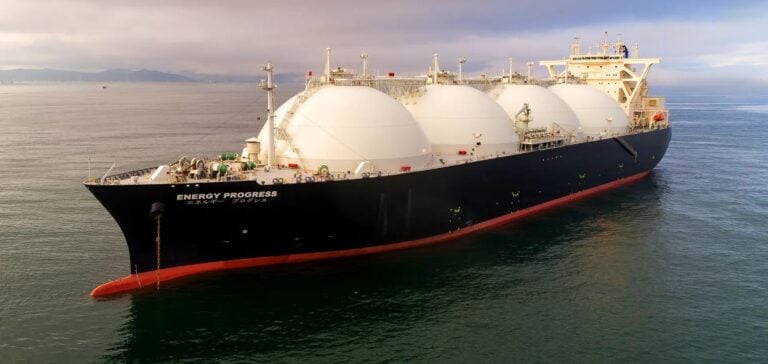The Market on Close (MOC) is a mechanism that compiles and publishes liquefied natural gas (LNG) transactions. It makes it possible to track the evolution of purchase proposals, sale proposals, and concluded agreements between various players. In certain regions, the Japan-Korea-Marker (JKM) serves as a price reference for delivered cargoes. The level of activity on this market varies according to demand, available stocks, and the degree of interest shown by traders.
Significant Decline in Activity
Fourteen entities reported 169 offers, purchase proposals, and transactions, a drop of 53.95% compared to the previous period. Five companies—Shell, Vitol, Marubeni, CNOOC, and Uniper—recorded three sales covering around 195,000 tons of LNG. The cargoes were intended for the Japan-Korea-Taiwan-China area, with notable use of the Japan-Korea-Marker as a pricing reference. Several operators cited a slowdown in negotiations due to limited demand and comfortable inventories.
According to data shared by several participants, 66.9% of the transactions were indexed to the JKM in order to guard against price volatility. On average, bids and offers posted a difference of about seven cents per million British thermal units (MMBtu) relative to the current short-term contract. This contrasts with the previous period, when the averages were near parity. Assessments also indicate a drop of about 5.03% in spot prices, partly attributed to higher inventories and subdued consumption.
Trends in the Derivatives Market
The derivatives market recorded 1,130 declarations of purchases, sales, and trades over the same period, reflecting participants’ interest in hedging price risk. Among these declarations, 286 related to positions for the reference period for February, while 543 concerned a nearer-term contract. The volumes exchanged indicate a certain dynamism, though the pace has slowed compared to the previous period. Participants seem to favor prudent management of their exposures due to persistent uncertainties and shifts in demand.
Nine entities—DARE, Shell, Unipec, Glencore, SEFE, Marubeni, PetroChina, Chevron, and Trafigura—reported 42 transactions for the March period, each covering 250,000 MMBtu. The volume of futures contracts on financial exchanges reached 49,404 lots, registering a 46.16% decrease relative to an earlier level. However, this decline was offset by a 10.48% year-on-year increase, according to exchange data. Participants’ positioning reflects an ongoing adaptation to fluctuations in demand and to required safety margins.
Outlook for the LNG Sector
Relatively mild temperatures and surplus inventories have eased pressure on the market, reducing the need to acquire additional cargoes. Several players note that long-term supply contracts already cover a large share of requirements, thus curbing new spot purchases. Moderate interest among end users suggests that activity may remain sluggish as long as supply remains comfortable. Many observers wonder how this trend might change if a spike in consumption were to alter the balance between supply and demand.






















